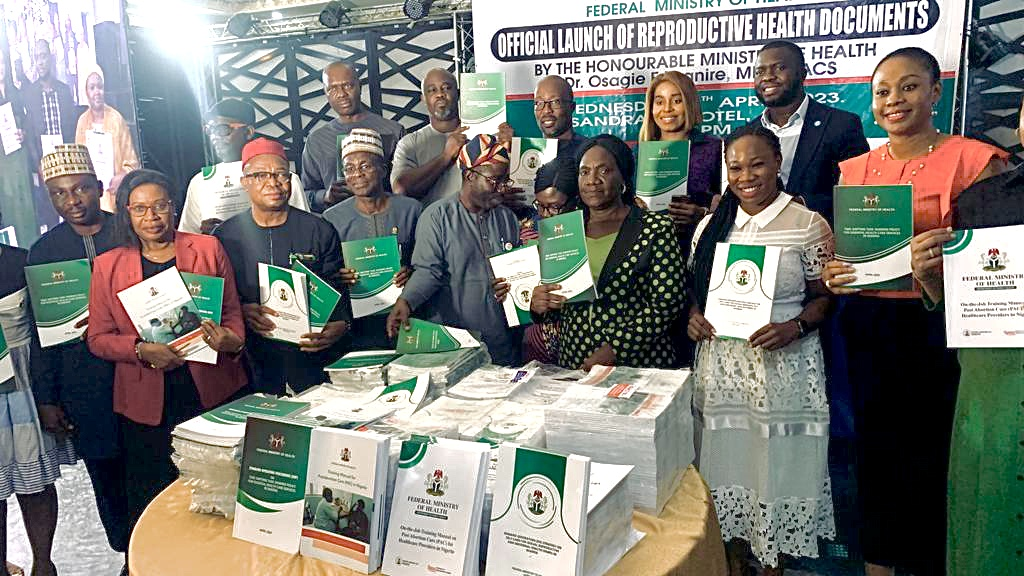In today's world, access to basic healthcare services remains a pressing issue, especially in developing countries. Africa, in particular, faces numerous challenges, including inadequate resources, limited budget allocations, and poor leadership in the healthcare sector. One critical aspect that requires urgent attention is Reproductive maternal, newborn, child, and adolescent health and Rights, which disproportionately affect women and girls. Lack of access to reproductive health services and family planning options hinders growth and development, resulting in unmet contraceptive needs. However, amidst these challenges, a transformative solution has emerged: self-care!
The Power of Self-Care:
Self-care, as defined by the World Health Organization (WHO), encompasses the ability of individuals, families, and communities to prevent illness, promote health, maintain well-being, and cope with health challenges, with or without the support of healthcare providers. This empowering concept has gained momentum globally, including in Nigeria, where the Federal Government, White Ribbon Alliance Nigeria, and other stakeholders have taken significant steps to promote self-care interventions.
Guidelines for Change:
In response to the COVID-19 pandemic and the need for improved healthcare systems, the National Guidelines on Self-Care for Sexual Reproductive and Maternal Health were developed in Nigeria. These guidelines provide a roadmap for integrating self-care interventions into the existing health system, aiming to achieve Universal Health Coverage (UHC). By ensuring that self-care information is readily available, accessible, and tailored to individual needs, these guidelines pave the way for positive change.
To promote self-care effectively, a Demand Generation Strategy document has been developed. This strategy identifies priority populations and tailors communication to drive uptake while addressing existing barriers. Furthermore, the Task Shifting Policy aims to shift the delivery of essential healthcare services from providers to communities. By focusing on areas such as Family and Reproductive Health, Maternal, and Child Health, and the management of communicable and non-communicable diseases, this policy empowers individuals and communities to take charge of their well-being.
Creating Access:
In collaboration with key players and partners, efforts are underway to make self-care products and services available in various settings. These include homes, online stores, supermarkets, and pharmacies, ensuring convenience and accessibility for all. By expanding the reach of self-care, Nigeria and countries like Kenya, Uganda, and Ethiopia are championing innovative projects that have already yielded impressive results.
Success Stories:
The 'What Women Want' Project, led by White Ribbon Alliance Nigeria and partners, has successfully transformed women's voices into actionable steps that drive changes in services and programs. Kenya has witnessed the provision of subsidized HIV self-testing kits in pharmacies, while Uganda has expanded the private sector market for HIV self-testing. In Ethiopia, the RISE project focuses on reducing unplanned pregnancies among married adolescent girls through education and the use of self-injectable contraception. These success stories highlight the potential of self-care interventions in improving healthcare outcomes and alleviating the burden on healthcare personnel.
The Future Hoped for:
Although challenges persist, particularly in rural areas, self-care interventions offer hope for better sexual, reproductive, and maternal health outcomes. Africa is increasingly embracing self-care approaches, and through collaborative efforts involving White Ribbon Alliance Nigeria, the government, partners, and stakeholders, healthcare systems are being strengthened through successful policy implementation.
The rise of self-care is transforming healthcare in Nigeria and beyond. By empowering individuals, families, and communities to take control of their health and well-being, self-care interventions have the potential to overcome barriers, improve access to reproductive health services, and relieve strain on healthcare systems. With continued support and concerted efforts, the vision of universal access to quality healthcare may become a reality, ensuring a healthier and brighter future for all.
KEY WORDS – self-care, Nigeria, Africa, RMNCAH, health, policy, women
References
https://allafrica.com/stories/201911290628.htm
https://www.psi.org/project/self-care/her-future-with-self-care/

In Picture – WRA- Nigeria and other stakeholders present at the Official launch of Reproductive health documents to further promote Self care interventions in Nigeria.


